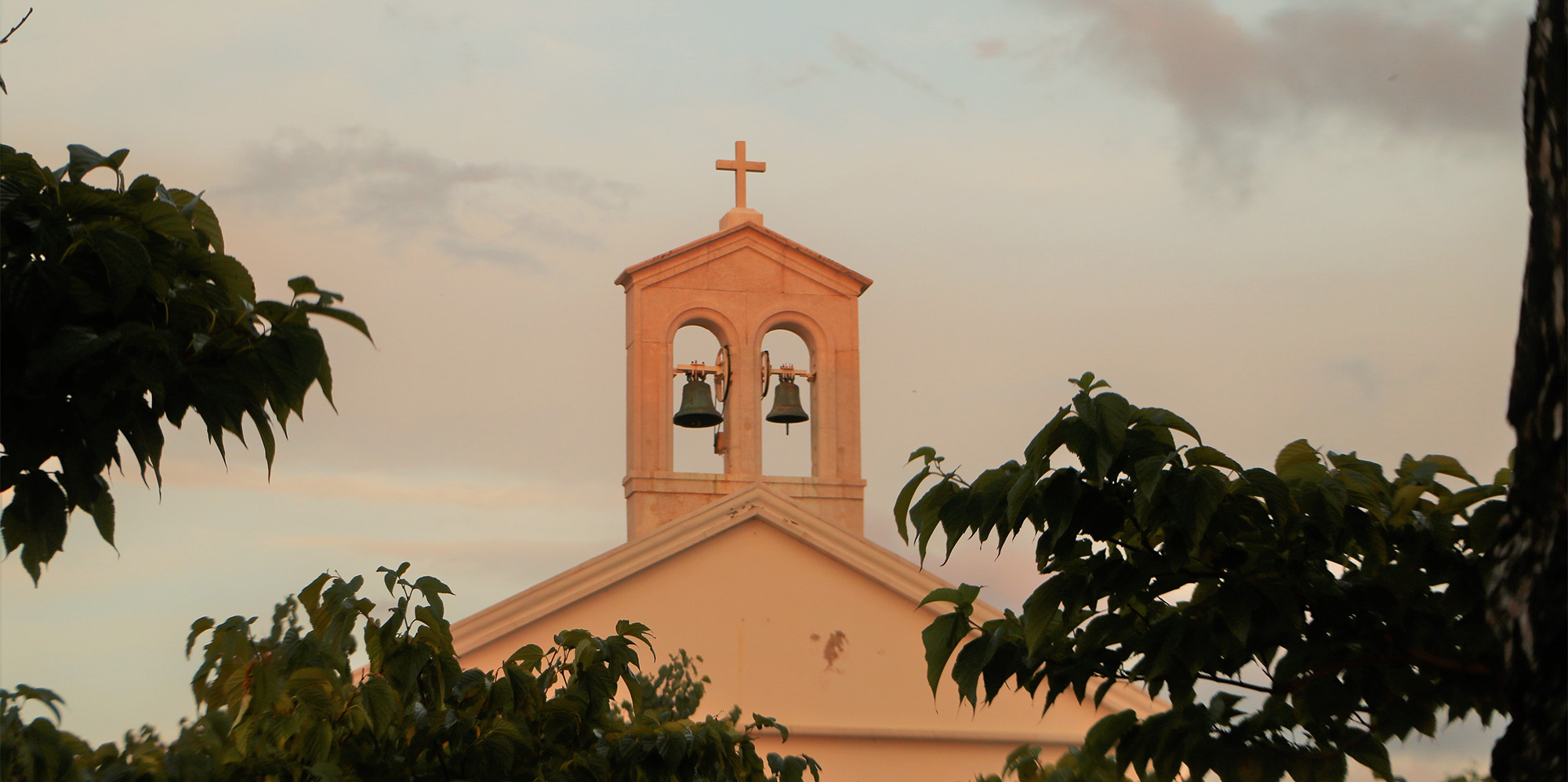
17 Dec From the Tradition: Ring those Christmas Bells
There is a tradition in Dunedin, where I live, where church bells are rung whenever the first albatross of the season returns to nest at Taiaroa Head. Church bells are not a common sound in the city anymore, but the first return of an albatross each year is an occasion thought suitably auspicious to be worthy of announcement by the ringing of bells. Wonderful though the annual return of albatrosses to their nesting ground is, the occasion is not as auspicious as the arrival announced by the bells that ring out at Christmas time. The multiple references to bells in Christmas songs and carols and their frequent appearance among the paraphernalia of Christmas recall a time when church bells were joyously rung to announce the coming of the Christ child.
For most of us most of time, I suspect, the ubiquity of bells at Christmas time does not prompt much reflection upon the news of Christ’s coming. In 1863, however, the sound of church bells on Christmas day moved the poet Henry Wadsworth Longfellow to profound theological reflection. Longfellow was in deep despair at the time. His wife had died of severe burns from a fire two years earlier, an event that had plunged the poet into prolonged spells of depression. Longfellow, an abolitionist, was also deeply troubled that the dispute over slavery had thrust America into civil war. Matters became worse when he learned that his son, who had joined the war against his father’s wishes, had been seriously injured in battle and now lay ill in a hospital bed. Longfellow rushed to his son’s bedside and found himself there when, on Christmas day in 1863, the church bells began to sound.
In this time of grief at the loss of his wife and anguish at the painful cost of war, Longfellow wrote the following lines:
I heard the bells on Christmas Day
Their old, familiar carols play,
And wild and sweet
The words repeat
Of peace on earth, good-will to men!And thought how, as the day had come,
The belfries of all Christendom
Had rolled along
The unbroken song
Of peace on earth, good-will to men!Till ringing, singing on its way,
The world revolved from night to day,
A voice, a chime,
A chant sublime
Of peace on earth, good-will to men!Then from each black, accursed mouth
The cannon thundered in the South,
And with the sound
The carols drowned
Of peace on earth, good-will to men!It was as if an earthquake rent
The hearth-stones of a continent,
And made forlorn
The households born
Of peace on earth, good-will to men!And in despair I bowed my head;
“There is no peace on earth,” I said;
“For hate is strong,
And mocks the song
Of peace on earth, good-will to men!”Then pealed the bells more loud and deep:
“God is not dead, nor doth He sleep;
The Wrong shall fail,
The Right prevail,
With peace on earth, good-will to men.”
We are not at war just now, but there are sounds aplenty in our world today that threaten to drown out the bells that sound for peace on earth. There are diseases that afflict us, not of the body only, but also of the soul. There are voices that urge us toward selfish ambition, that mock the song of peace on earth and goodwill to all. The Christmas bells adorning our Christmas trees, depicted on Christmas cards, and chiming in shopping malls may pass unnoticed amidst the clutter of Christmas, but pause to consider the news that Christmas bells once rang to declare: “God is not dead nor doth he sleep”. Indeed, he meets us in his Son and calls us again to trust that, in the end, wrong shall fail and right prevail.
(Image: By Lian Tomtit, CC Zero)

